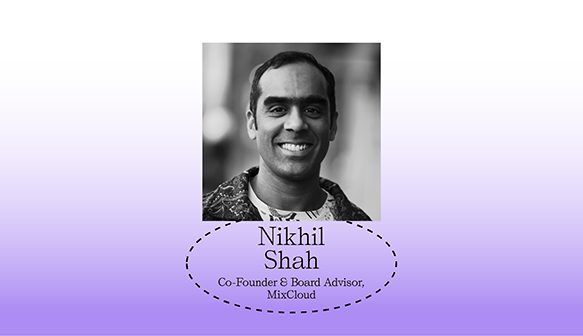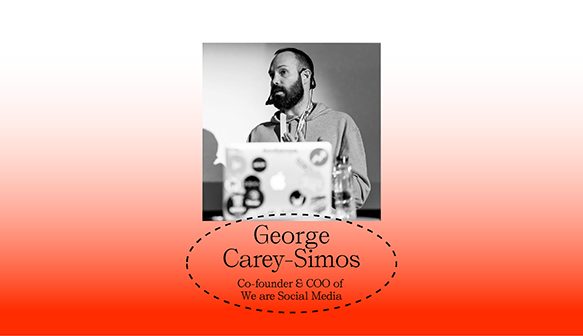Overwrite the Urge to Say You’re Fine
BY LAUREN MAFFEO
CIVIC TECH SERVICE DESIGNER, STEAMPUNK
“It’s been hard having you here, I feel like I’ve had to look after you.”
Of all the words I’ve ever heard, few cut like a knife to my heart like the 15 words above. I was in Australia when I heard them, having literally flown across the world to visit a close friend. It was the winter of 2019, and after months of daily panic attacks, I had finally concluded that medication was no longer something I could avoid if I wanted to live a healthy, happy life.
I was still adjusting to my meds on this trip, and told my friend within hours of arriving that I hadn’t been feeling like myself. I wanted to set expectations right away to keep from being a burden, which many with depression will tell you is their worst fear.
So it’s no exaggeration to say that hearing those words from someone I had trusted with my story sent me down a shame spiral so deep it took a year to climb out. It forced a loneliness upon me that felt unbearable. It made me reticent to tell anyone how I really was: Did they care, or were they just reading the social script, waiting for me to be fine so they could talk about themselves?
I never learned the real answer to that question. Just as I found light at the end of my own tunnel, COVID-19 descended on the Earth. It covered the world like a weighted blanket, forcing everyone indoors and away from loved ones.
Over the next few months, my secret cross was beared by others, too. It took mere weeks for the CDC to start sharing data about the mental health toll this pandemic was taking.
Self-reported levels of stress, anxiety, depression, and suicidal ideation reached all-time highs last year — and that was before the United States’s long-overdue reckoning with race. Black Americans took to the streets in droves, knowing that while they were at risk of catching COVID-19, the threat of racial violence was even worse.
It had always been worse: The collective “we” just hadn’t seen or acknowledged their lived experience, no matter how hard they tried to tell us.
Likewise, collective mental health had been declining for years before reaching its COVID crescendo. We were drowning under so many threats we couldn’t name them all, from unhealed childhood trauma to the global rise of nationalism which spread like a disease long before COVID.
We were not “fine” before this virus brought its wrath. We worked and lived with people who were screaming inside while trying to smile. We had friends who made quiet stays to psychiatric wards after giving birth. We endured workplace abuse so traumatic that we needed to take medical leave and resign without plans. So when people blame this virus as a convenient culprit, I resist the urge to ask where they’ve been all these years.
If we’ve learned anything from this pandemic, I hope it’s the fact that we are not fine. We are not fine for a myriad of reasons beyond our control. We are not fine because we lack the professional, medical, and social support to heal. We are not fine because we’ve been shamed into admitting anything other than bliss, lest we be rejected by those whom we think love us. A private panic attack is a small price to pay for not losing a friend…right?
As we endure COVID’s anniversary, overwrite the urge to say you’re fine. Everyone you talk to, from your mother to your manager, is enduring a shared, collective trauma. And for all of technology’s many faults, we need it to connect now more than ever.
Teletherapy, virtual relay races, Instagram group chats, and virtual wine tastings are just a few ways I’ve kept connections to loved ones who are far away. These experiences reinforce that while nothing can replace human touch, community can transcend screens.
They offer sacred spaces to let people breathe, to say the quiet part out loud: No one is truly fine right now. And that, in itself, is fine.
Lauren Maffeo is a Civic Tech Service Designer for Steampunk, a change agent in the Federal contracting industry, bringing new thinking to clients in the Defense, Homeland, Federal Civilian, and Justice & Legislative sectors. She is also a Webby Judge and member of IADAS.
See The Full Overwrite Series:
See the full Overwrite Tomorrow editorial series, featuring words by Ben Wikler, Colleen DeCourcy, Tamara Alesi, and more.









